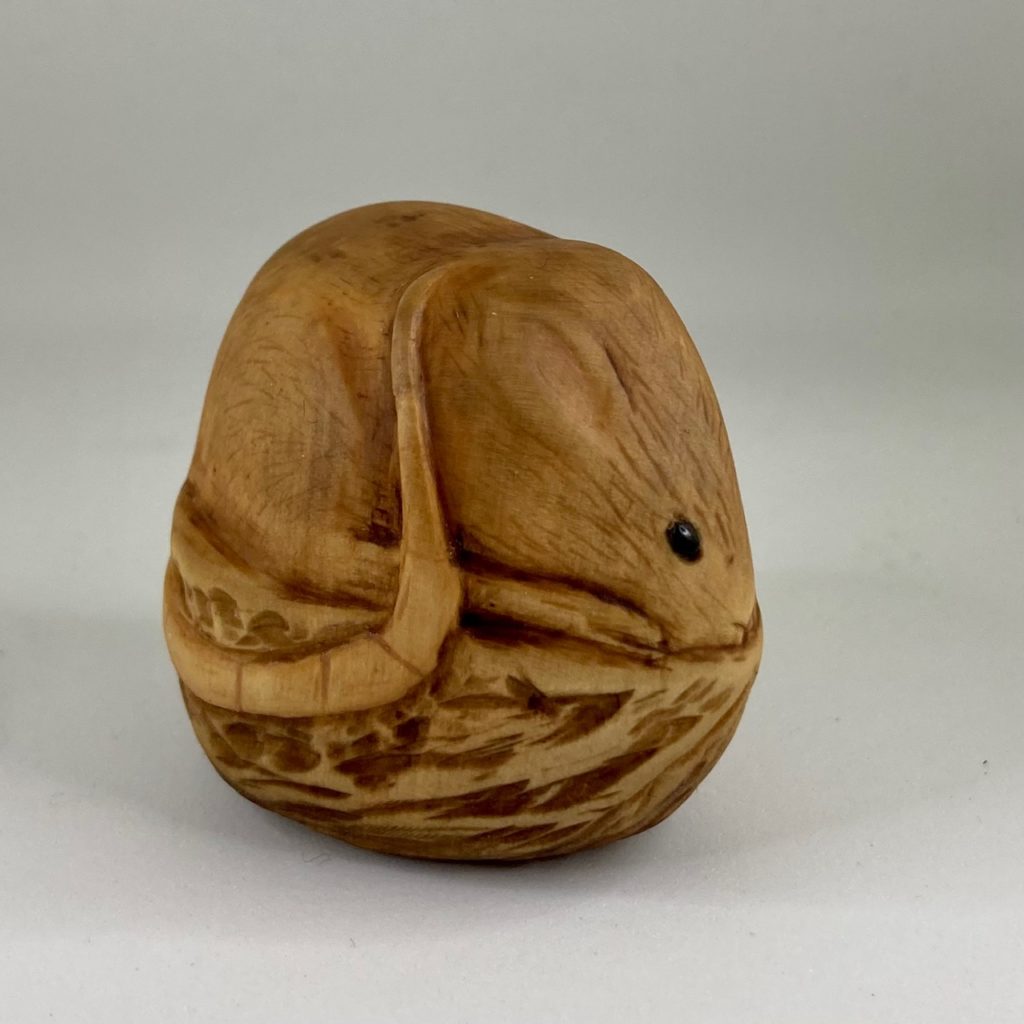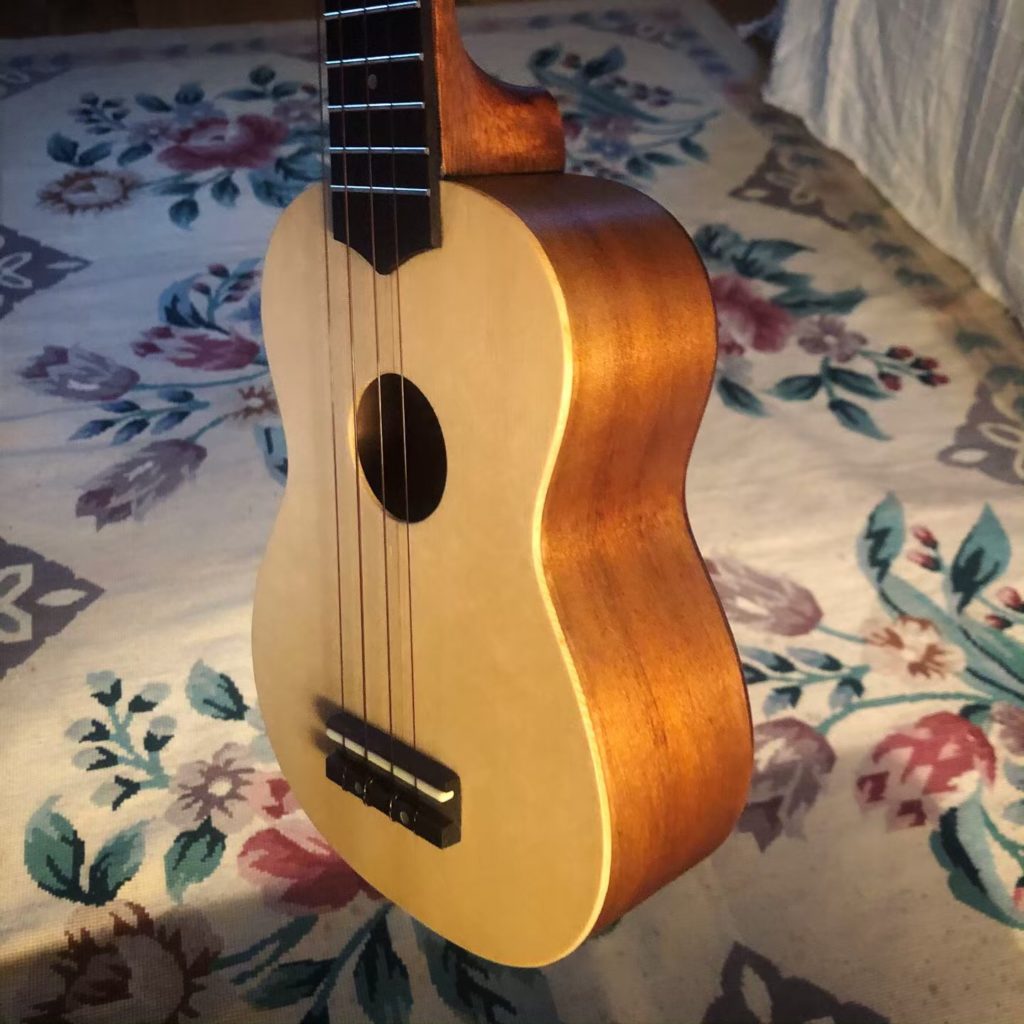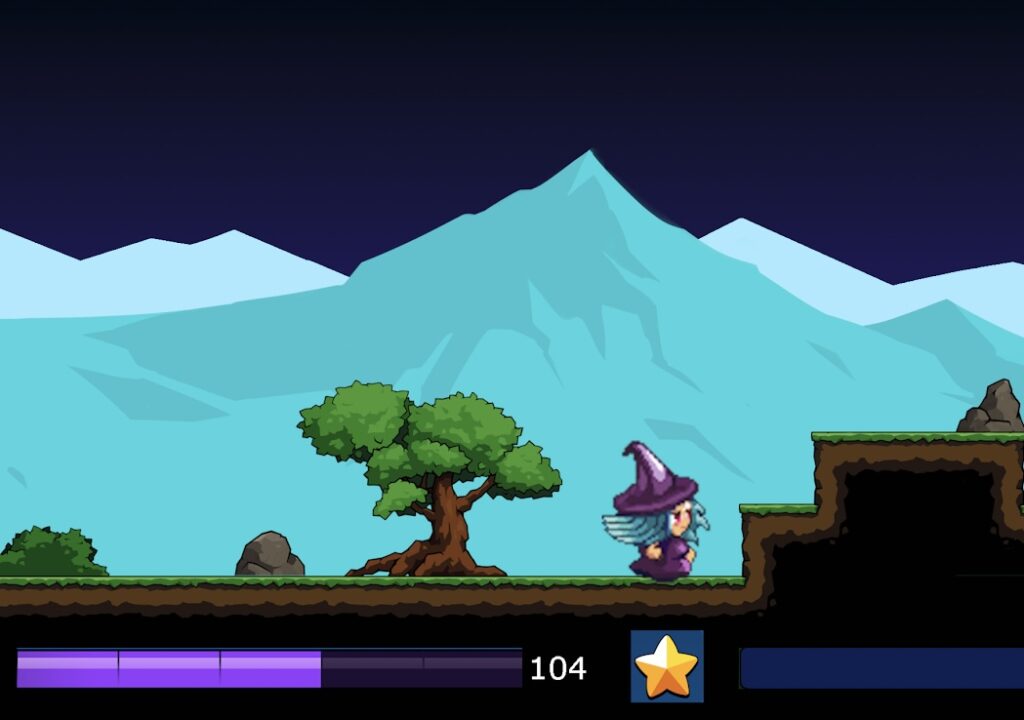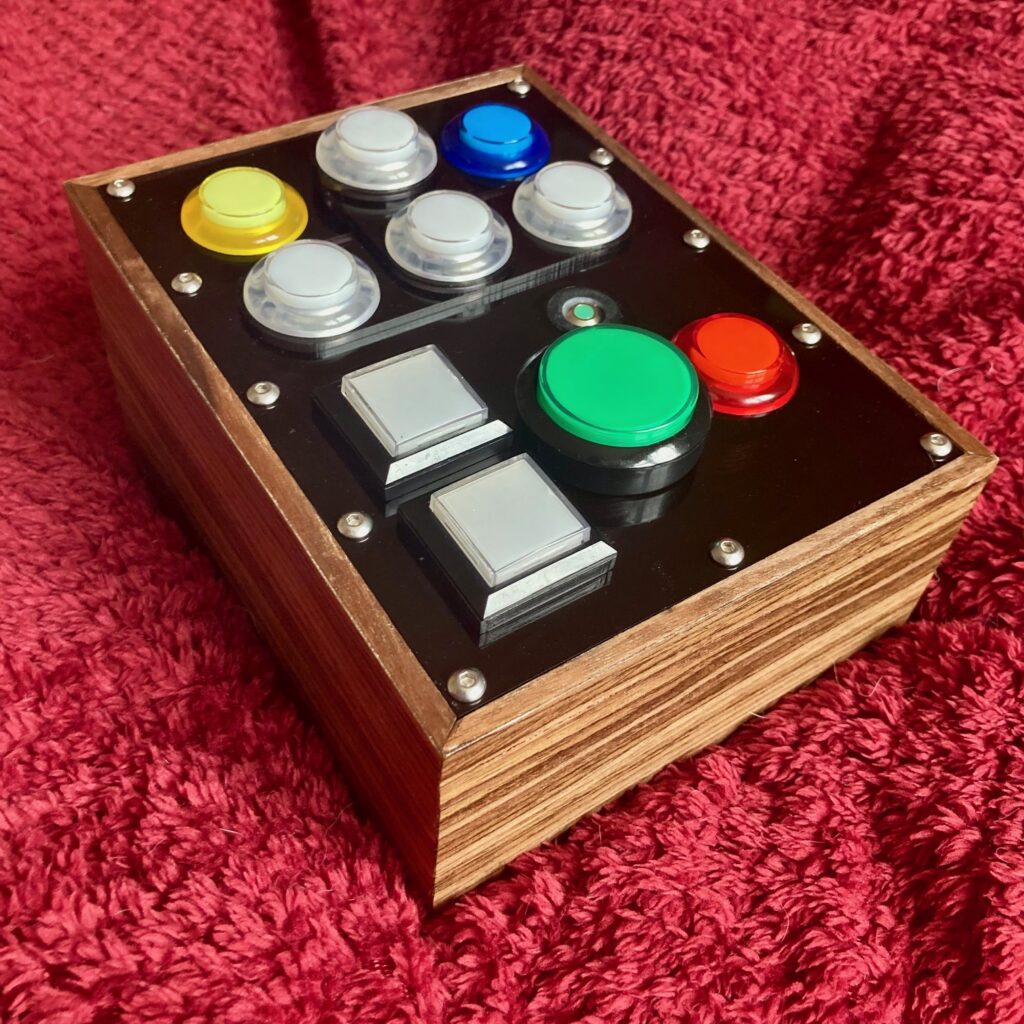I have a wide range of interests.
Small-Scale Woodworking
From an early age, I have loved the way miniatures can depict another world. Later in life, I discovered the remarkable nature of wood.
Constrained by a small amount of indoor space (and the English weather), my workspace is often no larger than a sheet of paper.
The objects I create vary–from toys, to sculptures, to musical instruments–but each type of woodworking informs the others. They also all have in common my enduring interest in making something that has both a practical origin, and an aesthetic delight.
Ukuleles
I picked up my four-year-old nephew’s ukulele one Christmas, and couldn’t put it down. It is an instrument that makes it easy to start making music, but hard to take too seriously. I love its playability, versatility, and sweet sound.
One thing led to another, and I started not only playing ukulele in a variety of styles, but making ukuleles as well.
Dungeons & Dragons
I started playing D&D with my father at the age of ten. He was an imaginative storyteller, inventing fantastic tales to entertain us on long car journeys. He always took requests.
Dad taught me a lot about being spontaneous, and this is one of the aspects of role-playing games I enjoy the most.
I live-stream D&D adventures with friends, publish books, and make YouTube videos at The Spontaneous Dungeon Master.
Game Design
I started making electronic games in the ’80s using HyperCard. These days, I am interested in the unique challenges and opportunities presented by designing games for mobile devices and the web.
My aim is to create games that are fun, pure and simple.
Digital Humanities
From an early age, I have been interested in how computers can help us make art. As a teenager, I wrote music with the help of computers, and one of my first programming projects at university was a haiku generator.
More recently, I have been interested in how computer analysis can help us understand everything from what makes a poem interesting to what makes a D&D monster hard to fight.
I also started some initiatives to support greater interest in the arts, including the Transatlantic Poetry reading series and the Poet Tips crowd-sourced recommendations website.
I also host some creativity-boosting digital tools, including the prompt generator and exquisite corpse.
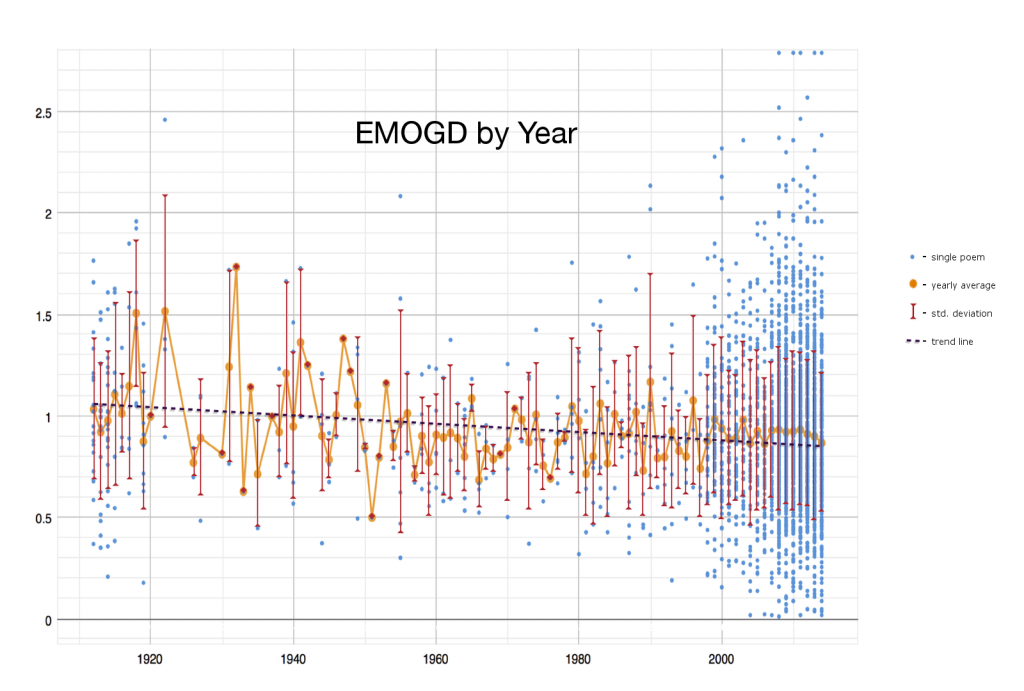
Electronics
After a year in the Electrical Engineering department at Berkeley, I transferred into the English department and earned a degree focusing on 16th-century poetry. My love of making things go blink, buzz, and whirr has not diminished, however.
Inexpensive microcontrollers have opened up a world of possibility, USB-enabling arcade buttons and bringing historic stage props onto WiFi.
I am also interested in robotics, tinyML, and audio signal processing.
